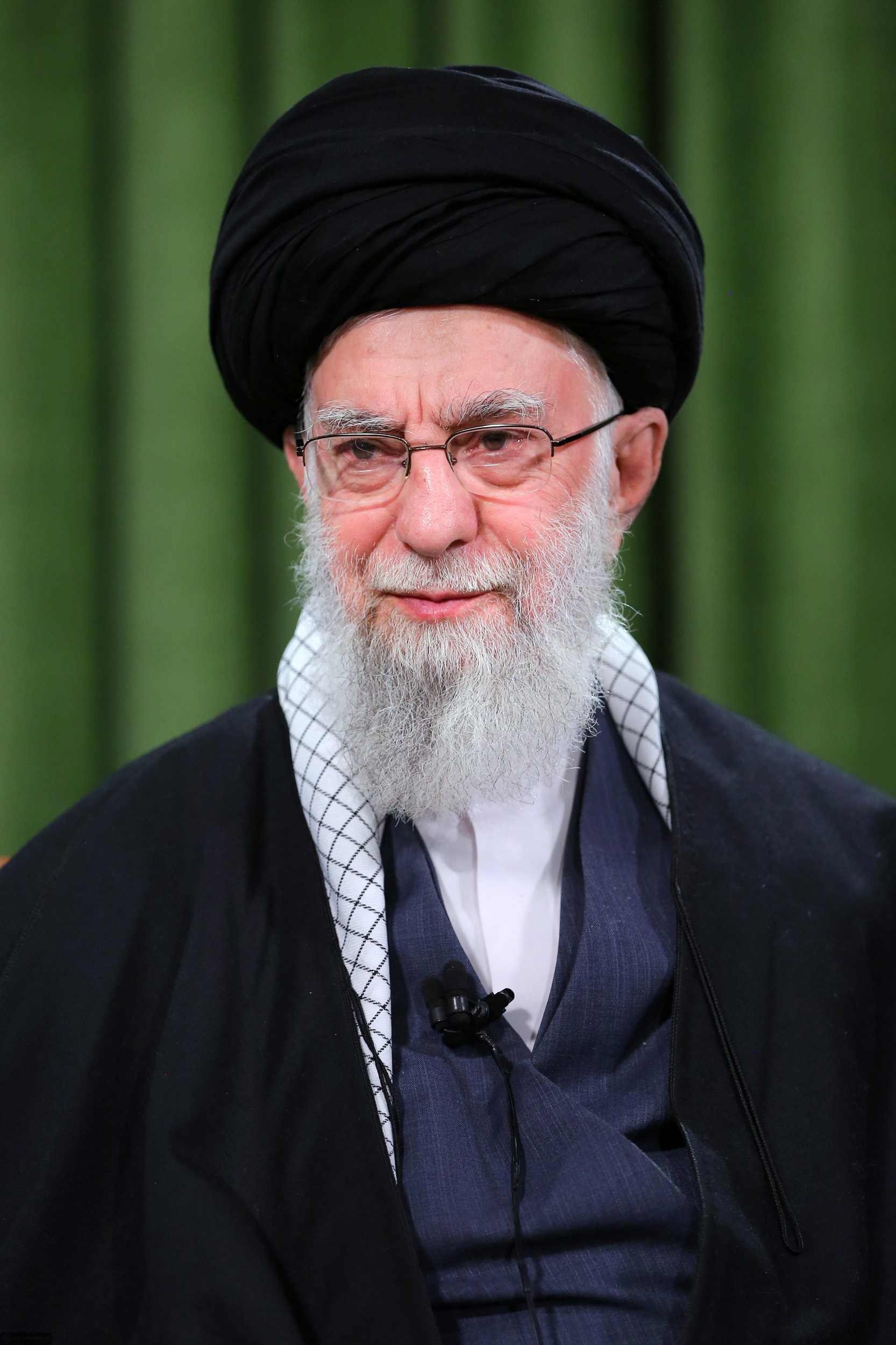Recent condemnation from Iran’s Supreme Leader, Ali Khamenei, of India’s treatment of its Muslim population sparked a diplomatic backlash, with India labeling the comments “misinformed and unacceptable.” However, numerous reports from international human rights organizations paint a starkly different picture, showing that India’s treatment of Muslims is far from just an internal issue, but a human rights crisis of global concern.
Discrimination in Policies and Practice
Since the rise of Hindu nationalist politics under the leadership of Prime Minister Narendra Modi, Muslims in India have been subjected to increasing hostility. This growing Islamophobia is institutionalized, with policies and practices that marginalize the Muslim community across different sectors.
One of the most controversial examples is the 2019 Citizenship Amendment Act (CAA), which fast-tracks citizenship for refugees from neighboring countries—except for Muslims. Coupled with the proposed National Register of Citizens (NRC), the CAA has created fear that millions of Muslims could be rendered stateless. This legislation sparked widespread protests across India, and human rights groups, including Amnesty International and Human Rights Watch, have criticized it as discriminatory.
A 2022 report by the United States Commission on International Religious Freedom (USCIRF) accused the Indian government of promoting and enforcing policies that adversely affect Muslims. The report highlighted how the Indian state has failed to prevent and, in some cases, implicitly endorsed violence against the Muslim minority.
State-Backed Violence and Vigilantism
India’s Muslim population, which constitutes approximately 14% of the country, has also been the target of vigilante violence often backed by Hindu nationalist groups. Mob lynchings of Muslims, particularly on allegations of cow slaughter (a sensitive issue in Hinduism), have increased since 2014. Such attacks have rarely resulted in significant legal consequences for the perpetrators, creating an environment of impunity. The rise of Hindutva ideology, which promotes the supremacy of Hindu culture and identity, has emboldened radical elements in India. These groups routinely harass and intimidate Muslims, with violence ranging from communal riots to assaults on individuals. The 2020 Delhi riots, which disproportionately affected Muslims, serve as a reminder of the precarious situation in which the community finds itself.
Reports by international observers, including the United Nations, have condemned this rising tide of anti-Muslim violence. UN Special Rapporteur on Minority Issues, Fernand de Varennes, has called the treatment of Muslims in India “deeply troubling,” emphasizing that it goes against the country’s constitutional guarantees of secularism and religious freedom.
Kashmir: A Tale of Repression
The situation in the Muslim-majority region of Jammu and Kashmir stands as one of the clearest examples of India’s heavy-handed approach to its Muslim population. Since the abrogation of Article 370 in 2019, which stripped Jammu and Kashmir of its semi-autonomous status, the region has been under an intense security lockdown, with frequent internet blackouts and heavy military presence.
Human rights organizations, including Human Rights Watch, have documented widespread abuses in Kashmir, ranging from arbitrary detentions to excessive use of force by Indian security forces. The UN Human Rights Council, in its 2019 report, accused India of creating a climate of fear in Kashmir, where human rights violations, including extrajudicial killings and torture, are rampant. Despite India’s claims of normalcy returning to the region, the ground reality is vastly different. The people of Kashmir, overwhelmingly Muslim, continue to live under severe restrictions, with their political rights curtailed and civil liberties under constant threat.
Global Scrutiny Is Growing
India’s assertion that criticisms of its treatment of Muslims are misinformed is increasingly difficult to justify in light of the extensive documentation by international bodies. Reports by organizations such as Amnesty International, USCIRF, and Human Rights Watch provide a clear and damning account of the state of Muslim rights in India. The growing global scrutiny is not just about external interference in domestic matters. It is about holding a country accountable for failing to protect the human rights of its minority populations. By dismissing such criticisms as “misinformed,” India risks further isolating itself on the international stage while ignoring its obligation to safeguard the dignity and rights of all its citizens.
The recent criticism of India’s treatment of Muslims by Iran’s Supreme Leader and other international figures is far from misinformed. It is based on well-documented facts and reports from credible human rights organizations. The situation of Muslims in India, from systemic discrimination to state-backed violence, requires urgent attention. Instead of dismissing criticism, India must take steps to address these human rights concerns and uphold its constitutional promise of secularism and equality.

